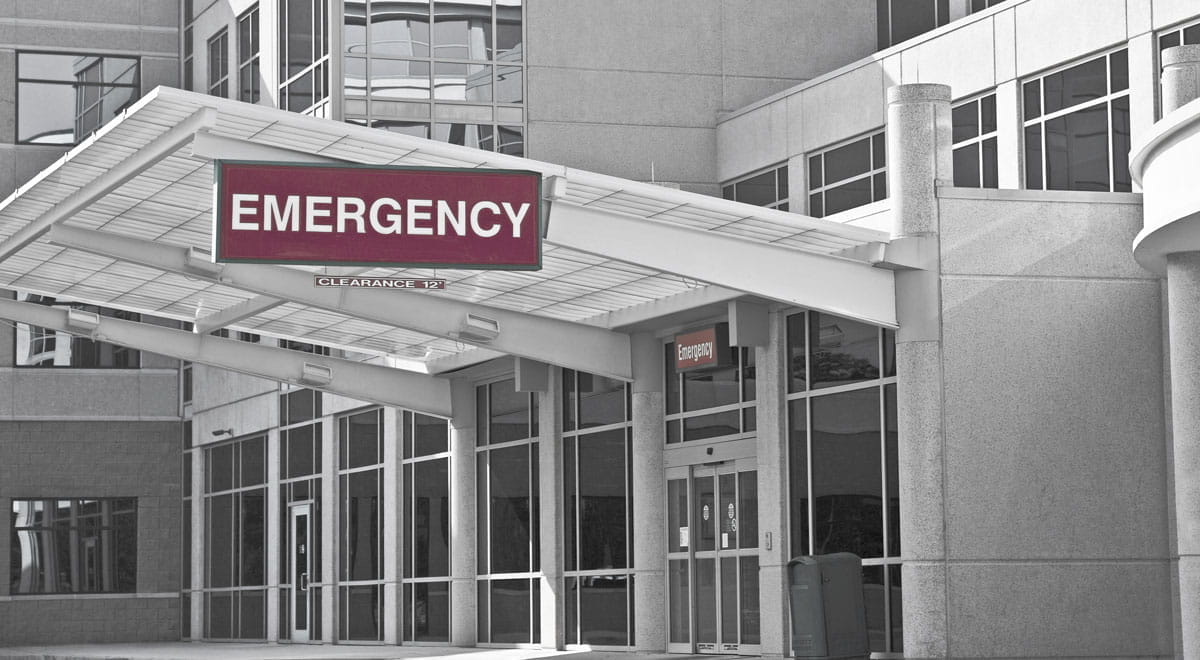Message our experts
Complete the form and one of our friendly advisors will get back to you to talk through your situation and explain how we can help.
You can expect to hear back from us within two working hours and certainly no later than 10am on the next working day.
Alternatively, if you would rather send us an email, you can do so by clicking the button below.
Send us a message
Call us now
Call us free and speak with a member of our client relationship team who will be happy to help.
0370 086 8687Lines are open from 8:30am to 8pm Monday to Friday, 9am to 5pm Saturday, and 10am to 4pm Sunday.
Message us
If you would prefer to write to us, you can send us a message by clicking below and we will get back to you Send us a message orArrange callback
Leave your name and number below for us to call you back.
Thank You
Thank you for contacting Shoosmiths Serious Injury. Your enquiry is important to us. A dedicated member from our client relationship team will be in touch with you shortly.

Accident & emergency (A&E) claims
A&E medical staff can be presented with almost any type of medical emergency as they are a 'front line service'. It is therefore important that correct medical procedures and practices (e.g. proper triage and review procedures) are followed to try to minimise the risk of treatment mistakes and medical errors occurring.
The dedicated medical staff in the Accident and Emergency (A&E) department, or the NHS provide a vital and often life-saving service in the most difficult of circumstances. With an estimated 21 million admissions to A&E departments every year, sometimes things do occasionally go wrong. Mistakes made in A&E departments can sometimes have serious and potentially catastrophic consequences.
Medical errors which can lead to accident and emergency claims, include, for example, a failure to diagnose a fracture. Other A&E & NHS compensation claims can arise, for example, from misdiagnosing a condition, discharging someone from hospital too soon or not seeking a Consultant’s advice when a second, more senior doctor's, opinion would be appropriate.
Delays in treatment in busy A&E departments or injuries sustained while actually moving patients within an A&E department can also sometimes cause injury and lead to a claim. In our experience though, if you’ve received sub-standard care when undergoing A&E treatment, then you may be entitled to make a claim for compensation.
Tell me more about
How do I make an A&E treatment claim?
A compensation claim would usually be brought against the NHS Trust responsible for the accident and emergency department in which you were treated. It does not matter if the mistakes were made by the immediate A&E attending staff or supporting personnel such as radiographers or pharmacists as the Trust itself will usually be responsible for the actions of its staff.
There is usually a three year time limit from the date of the negligent treatment within which you can make a claim. Although, there can, in some specific circumstances be exceptions to this general rule, if you do not act within these time limits then you could lose your right to claim. You should also be aware that these claims can be complex, lengthy and demanding cases. This is why it is recommended that you seek appropriate advice as soon as is practicable.
It is important that your chosen law firm has solicitors who specialise in medical negligence work, as they will have the necessary experience and resources to handle your case. Solicitors who specialise in this work will often be members of specialist panels such as the Law Society Clinical Negligence Panel and/or the AvMA Panel.
An NHS Trust should normally have its own internal complaints process and you do have the option of pursuing this route as well as investigating legal action and our lawyers can advise you on both of these courses of action.
If you believe that you may have received negligent A&E treatment, then call us for a free initial consultation.
If I have an A&E treatment case?
Establishing if you have a case for making an A&E treatment claim involves, in essence, the same process as any other claim for medical negligence. It is first necessary to show that there was a breach of the duty of care owed to you by the attending A&E medical staff (i.e. the doctors or other staff were negligent).
The onus will then be on us to prove that it was those breaches of duty of care (i.e. those negligent mistakes) that caused or materially contributed to the medical harm or injury that you have suffered.
The issue of whether you were properly advised of the risks of the treatment before giving your consent to the treatment (informed consent) can still be a factor in A&E claims. There can, however, be occasions, when, for example, a patient is unconscious and therefore incapable of giving consent to what may be necessary and potentially life-saving procedures that must be carried out immediately.
It is undeniable that A&E departments are extremely busy places for doctors and nurses. However, this does not mean that negligent or substandard treatment is acceptable. If you have not received a reasonable level of treatment and care and suffer harm or an injury as a result of that failing in care, then you may have grounds to make a medical negligence claim.
As with any medical negligence case, there are time limits within which you can claim, so it is advisable that you act as soon as is practicable. We can give you free initial advice about whether an A&E treatment claim for compensation is possible.
More about A&E treatment claims
In certain circumstances, the decisions made; and the treatment given in A&E departments, can literally mean the difference between life and death.
Unexpected major incidents (e.g. multiple vehicle accidents on the motorway) can suddenly increase the volume of patients going to A&E and present very complex and urgent medical challenges to A&E doctors and staff. A&E departments can also experience an increase in admissions at certain times of year, such as in winter, for example, when people injure themselves by slipping on snow or ice.
The NHS in England has a target of treating 95% of patients in A&E within four hours of admission. However, no matter how busy A&E staff may be, patients are still entitled to receive the same reasonable standards of care as are expected to be provided by any medical professional practising in this area.
If you have received negligent medical care in an A&E department then you may be able to claim for any loss or injury that has directly resulted from that substandard treatment.
Our Experts
-

Sumit Morjaria
Senior Associate
Medical Negligence
Sumit is a Senior Associate Solicitor, specialising in medical negligence cases.
View full profile -

Susan Prior
Partner
Medical Negligence
Sue is a Clinical Negligence Partner and leads a team in the Clinical Negligence department in the Thames Valley Office.
View full profile -

Natasha Read
Partner
Medical Negligence
Natasha is a Partner in the Medical Negligence department at Shoosmiths. She qualified as a solicitor in 2009 after already working in clinical negligence for one year during her training contract.
View full profile
'Shoosmiths got me the rehab I needed and really helped with my family. They were fantastic throughout.'
AE Treatment Claims
We know how suffering injury due to A&E negligence can cause distress to you and your family. Shoosmiths experts have considerable experience and will fight hard to get the best possible outcome.
Why Shoosmiths
















